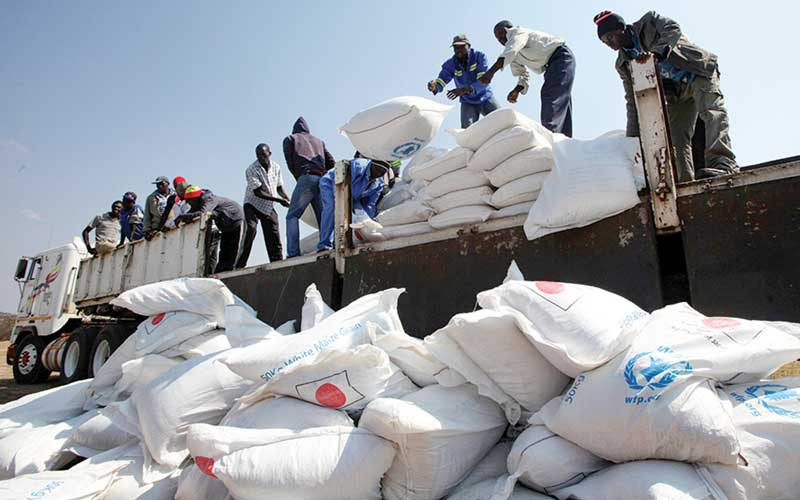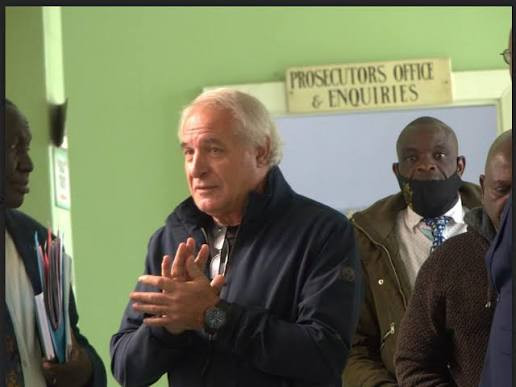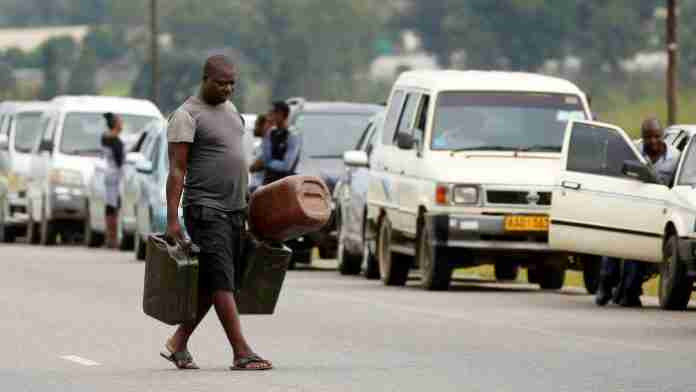
Villagers in Chegutu ward 21 are accusing their local leadership of switching food from the most needy to enrich their relatives and friends by allegedly manipulating registers of beneficiaries.
Last Thursday scores of villagers in this farming and mining community left the food distribution point empty-handed and allege that the local leadership could have diverted 85 bags of wheat that had been left in the truck.
In April President Emmerson Mnangagwa declared the drought a national disaster, and appealed for US$3 billion to fund mitigation measures.
Sabhuku Hilder Mutero, councillor Taitus Matenga and chairman of Exwick former farm workers have been accused of manipulating beneficiary registers and partisan distribution of food aid.
“They are registering their relatives and inflating the number of family members so that they get large amounts,” said a villager.
“Each family member is supposed to receive a monthly allocation of 7,5kg of grain, so by inflating the numbers they would be getting more grain.
“Some deserving families did not receive the food aid and we were surprised when the truck returned with about 85 bags of wheat.”
Villagers said they were told that the bags had been taken to a local police station for “safekeeping”.
- Mr President, you missed the opportunity to be the veritable voice of conscience
- ED to commission new-look border post
- Zanu PF ready for congress
- EU slams Zim over delayed reforms
Keep Reading
Zanu PF district chairman for the area Cosmas Chenzara said the bags were not stolen, but reserved for the next day.
“It’s not true that the bags were stolen, but they were kept at the police station for onward distribution,” he said.
“Yes, some people did not receive the food on the particular day and were really agitated when the truck left with those 85 bags.
“Actually those that did not get the food aid will get next time.”
Chenzara referred this publication to Matenga.
Corruption watchdog Anti-Corruption Trust of Southern Africa Zimbabwe country director Munyaradzi Bidi in a statement said the government should punish individuals and entities distributing food aid corruptly and on partisan lines.
He said previous drought relief programmes were allegedly riddled with systematic challenges including partisanship, diversions from storage to distribution points, discrimination, challenges in cash transfers and inconsistency in selection of beneficiaries, among other things.
“Such inadequacies create opportunities for diversion and other forms of corruption which will leave many citizens hungry,” Bidi said.









